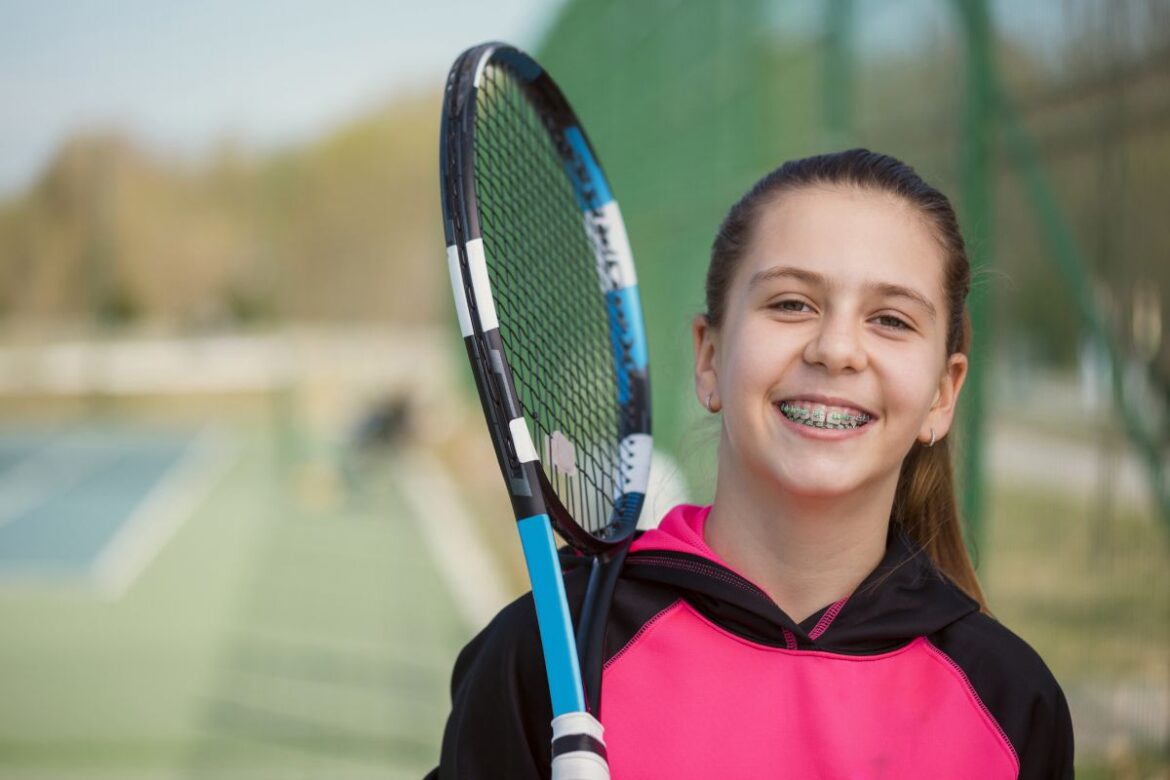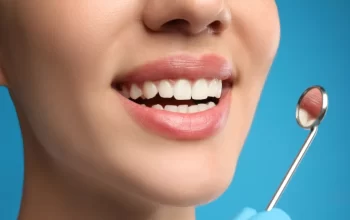As an athlete, you understand the importance of protecting your teeth and mouth during sports. But if you wear braces in Los Gatos, you face unique challenges. Orthodontic braces can be damaged or dislodged during sports, leading to costly repairs, delayed treatment, and even oral injuries. Sports can have a significant impact on your orthodontic braces.
In this article, we’ll explore the risks of playing sports with orthodontic braces and provide practical tips on how to protect your braces and your teeth during athletic activities.
Exploring The Risks of Playing Sports with Orthodontic Braces
Playing sports with orthodontic braces can pose several risks, including:
Risk 1: Damage to the Braces
- Impact injuries: A blow to the mouth or face can cause the braces to become dislodged or damaged.
- Collision with sports equipment: Coming into contact with sports equipment, such as a basketball or soccer ball, can cause damage to the braces.
- Falls and accidents: Falling or being involved in an accident during sports can also cause damage to the braces.
Risk 2: Oral Injuries
- Lacerations: Cuts or tears to the lips, cheeks, or tongue can occur if the braces are damaged or dislodged during sports.
- Puncture wounds: Sharp objects, such as broken teeth or sports equipment, can cause puncture wounds to the mouth or face.
- Tooth damage: The teeth can become damaged or dislodged during sports, especially if the braces are not properly secured.
Risk 3: Delayed Treatment
If your braces are damaged or dislodged during sports, you may need to delay your orthodontic treatment. This can be frustrating and disappointing, especially if you’re eager to see the results of your treatment.
Risk 4: Increased Risk of Infection
Wearing orthodontic braces can also increase your risk of infection during sports. This is because the braces can provide a breeding ground for bacteria, which can lead to infections such as gingivitis or periodontitis.
| Orthodontic braces are dental appliances used to correct misaligned teeth, improper bites, and other orthodontic issues. Typically consisting of brackets, wires, and elastic bands, braces work by applying gentle, sustained pressure to the teeth, gradually shifting them into their proper position. Available in various types, including metal, ceramic, and lingual braces, orthodontic braces are a highly effective and popular solution for achieving a healthier, more attractive smile. |
Protecting Your Braces and Teeth During Sports
While the risks of playing sports with orthodontic braces are real, there are steps you can take to protect your braces and your teeth. Here are some practical tips to get you started:
- Wear a Mouthguard: A mouthguard is a must-have for any athlete who wears orthodontic braces. Look for a mouthguard that’s specifically designed for orthodontic patients, as these mouthguards are designed to accommodate your braces.
- Choose the Right Mouthguard: There are several types of mouthguards available, including stock mouthguards, boil-and-bite mouthguards, and custom-made mouthguards. Custom-made mouthguards are the most effective, as they’re tailored to your specific needs and provide the best protection for your teeth and braces.
- Communicate with Your Orthodontist: If you’re planning to participate in sports, be sure to communicate with your orthodontist. They can provide personalized advice on how to protect your braces and teeth during athletic activities.
- Avoid Certain Foods and Drinks: Certain foods and drinks, such as hard candy, popcorn, and sports drinks, can damage your braces or increase your risk of oral injuries. Avoid these foods and drinks during sports, and opt for healthier alternatives instead.

Bottom Line
Protecting your orthodontic braces during sports requires a combination of common sense, caution, and the right protective gear. By wearing a mouthguard, communicating with your orthodontist, and avoiding certain foods and drinks, you can minimize your risk of oral injuries and ensure a successful orthodontic treatment outcome. Remember, your teeth and braces are worth protecting – take the necessary steps to safeguard your smile and enjoy a lifetime of good oral health.



